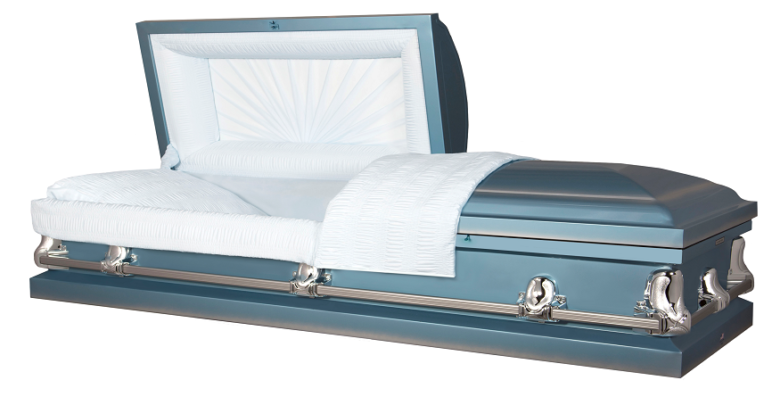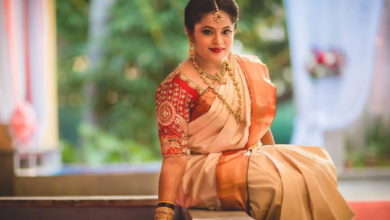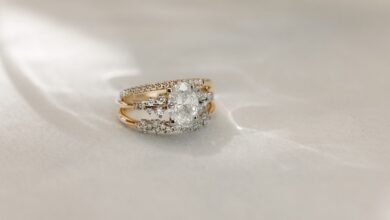Funeral Caskets and Urns: Options for Saying Goodbye

When a loved one passes away, planning a funeral or memorial service and all of the other details that come with death may be daunting. Choosing the sort of casket or burial vessel for your loved one should not be a stressful part of preparing a funeral or celebration. Perhaps the dead preferred a particular kind of coffin or vessel. Maybe the deceased’s religious beliefs dictate that a specific sort of coffin be used.
Perhaps you were left to choose the right kind of coffin or vessel without any input from the deceased’s loved ones. Whatever the situation may be, understanding the fundamental types of caskets and burial containers can assist you in making the best decision with the least amount of thinking and effort.
1. Casket Options
Most individuals search for caskets within a budget, cemetery constraints, religious or cultural standards. Traditional funeral caskets are often composed of solid wood, such as maple, oaks, pine, hardwood, poplar, cherry, or walnut. Though most conventional coffins are lined with satin or other soft, pleasing textiles, the deceased’s friends and relatives can customize them. A special blanket, pillow, or cloth might be altered to serve as the casket’s liner.
2. Green Caskets
Green funerals, or ceremonies in which biodegradable caskets are used, are becoming more common. Biodegradable vessels are built of materials that decay naturally over time and do not affect the environment. Green ceremonies are frequently held in standard settings such as parks or gardens to promote sustainable growing methods. Cremation equipment runs on hazardous fuel and often emits toxic pollutants that release mercury into the environment. Green burial techniques aid the environment by establishing an area of land with high soil quality and preserving the natural habitat of the place.
3. Caskets and Religion
Some faiths have highly stringent requirements for caskets and burial containers. According to Jewish law, simple wooden coffins were used in Jewish funeral service, and metal components were not permitted. Many African communities bury their deceased in caskets designed after a pet animal or other familiar thing. On the other hand, Caskets in Japan are frequently built of cedar or cypress. These caskets do not rot and have a pleasant odor, keeping the departed in a way that reflects the culture’s attitude toward ancestors and respects the dead.
4. Urns and Cremation
Because cremation is still a popular method of interment, there are a variety of urns to select from. Today, many urns are built of durable metallic materials like stainless steel, bronze, and brass. However, many individuals still prefer urns in more traditional styles, such as those constructed of granite, marbles, or cloisonné. Urns aren’t only for vases anymore. Many funeral homes provide attractive box urns in various forms, most of which are made of cultured marble or wood.
Costs
The price of a casket or burial vessel is mainly determined by the type and quality of the casket. The typical coffin sold in the United States costs roughly $2,000, while you may find cheaper caskets on specialist websites and wholesale firms. Customized or specialty-order coffins or burial vessels, of course, will cost more than a standard vessel. Urns are far less expensive, ranging from $100 to slightly under $1,000, but the expense of cremation adds to the whole cost of the remodelling.




